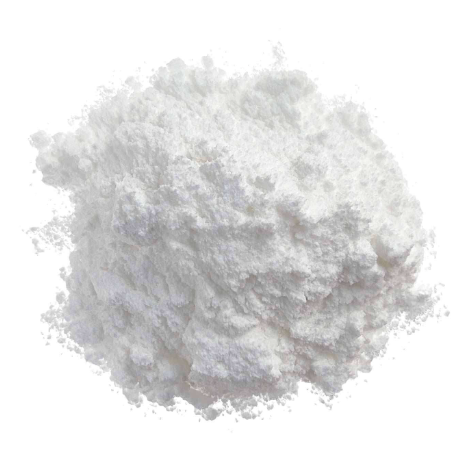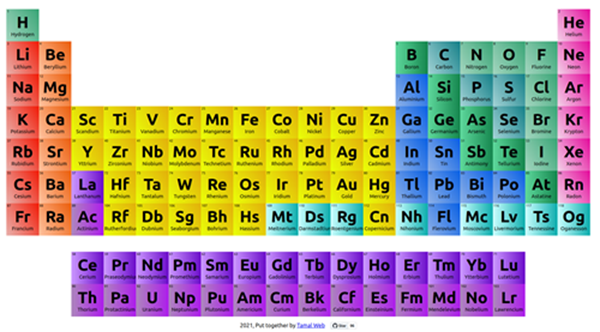Which is better for you, magnesium citrate or citrate?

Magnesium malate vs Citrate
While magnesium malate is available in supplement form, it can also be obtained through dietary sources. Foods like apples, which naturally contain malic acid, can contribute to your intake of magnesium malate. Additionally, magnesium-rich foods such as leafy greens, nuts, and seeds are valuable sources of magnesium in general.
Citrate is a colorless weak organic acid.It occurs naturally in citrus fruits. In biochemistry, it is an intermediate in the citric acid cycle, which occurs in the metabolism of all aerobic organisms.
Health benefits
Magnesium malate boasts a range of potential health benefits and is commonly used to treat fatigue, muscle weakness, blood sugar dysregulation and more. Research suggests the body best absorbs magnesium when it’s paired with other nutrients, such as magnesium glycinate, rather than on its own.
Both magnesium and malic acid have their own individual health benefits, and while magnesium is unstable on its own, malic acid acts as a source of stability and is accessible for the body to use.
Side Effects
As with any supplement, magnesium malate can cause side effects, particularly when taken in large doses. Side effects of magnesium malate coincide with magnesium’s general side effects, which include digestive complications, such as vomiting, diarrhea and nausea. Overdosing on magnesium can result in more serious consequences, including:
Drowsiness
Hypotension
Thirst
Respiratory depression
Muscle weakness
Coma
Death


